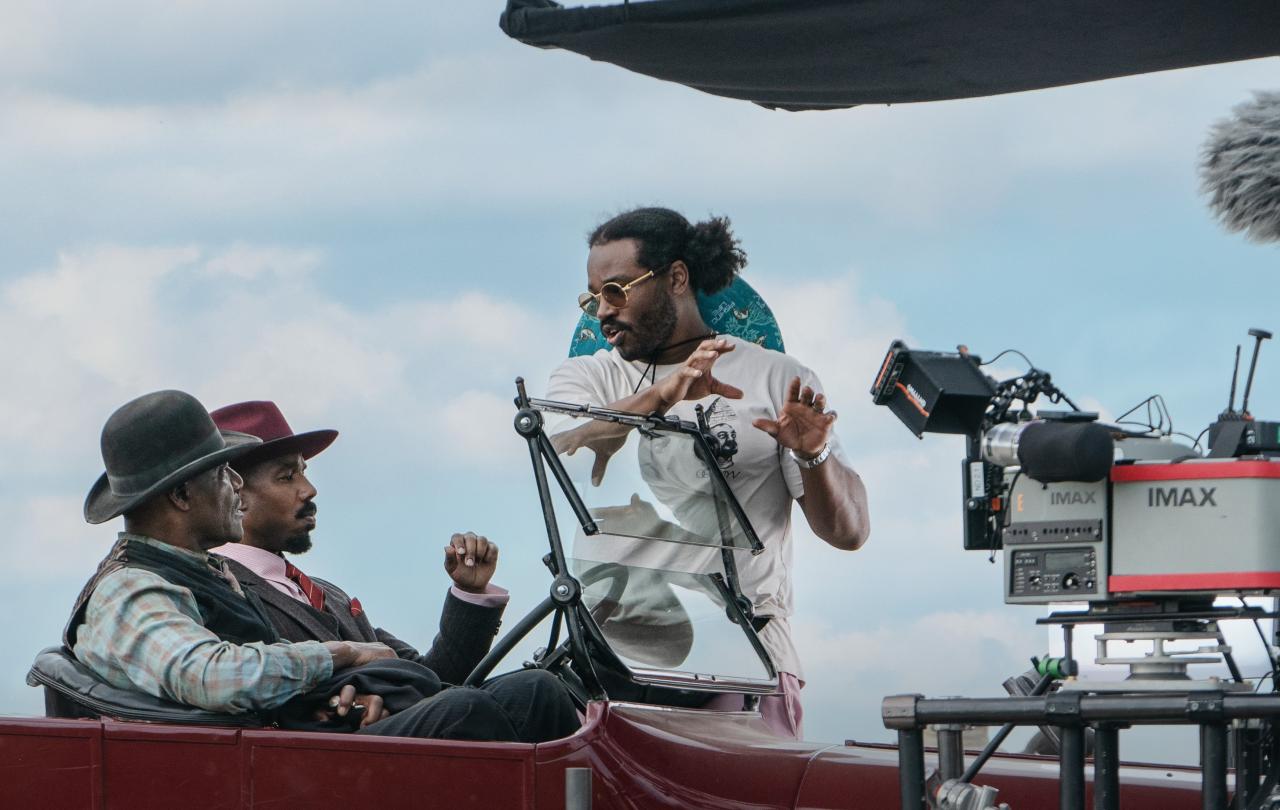
Christendom, the global community of over 2.5 billion Christians living worldwide, has many geographical capitals. Nigeria, like the United States, is one of them. Upwards of 100 million people living in Nigeria identify as followers of the Christian religion. These Nigerians belong to Christian denominations like Roman Catholicism, Anglicanism, Baptist Christianity, and Pentecostalism. On 6 February the Trump Administration announced plans to downsize USAID, the US government agency that administers foreign aid. In 2023 it managed over $40 billion, and has played a significant role in delivering aid and development support in Nigeria for decades.
Nigeria has one of the world’s lowest levels when it comes to spending on social issues. Its government’s underspending has trapped tens of millions of Nigerians in horrific, inescapable mazes of poverty. The significant challenges Nigeria faces are well-documented -socioeconomic, geopolitical, and religious ones. The protracted and infamously bloodthirsty Boko Haram insurgency (headquartered in the northeastern corner of the country) has led to the deaths of tens of thousands of Nigerians and displaced over two million people, disproportionately affecting vulnerable women and children.
Abandoned by the government, many Nigerians look to their ethnic communities, religious groups, and even other state’s agencies and charities for the support and solutions they require to survive.
In 2021 USAID commemorated 60 years of providing development assistance to Nigeria. Its historical activity has prioritised agriculture and food security, democracy, human rights, and governance, public health, and energy production. In just 2021, USAID provided Nigeria with more than $787 million in development and humanitarian assistance.
Whilst USAID support for Nigeria has historically been blind to religion, the Trump-led downsizing of development and humanitarian assistance for millions of people living in Nigeria will especially impact tens of millions of Christians, They struggle to lead lives in a country rife with Christian suffering that is ignored by powerful global actors with the financial, political, and military resources to intervene in substantive and peace-generating ways.
Southern Nigeria is disproportionately developed compared to the North. Lagos, the economic capital responsible for a third of Nigeria's GDP, sits in the southwestern corner. The south contains a majority of the leading private universities, many of which are owned and funded by Christian churches, and is home to Nigeria's largest international airport. Literacy levels among Christians in Nigeria dwarf literacy levels among Muslims, especially when compared to Muslims living in the religiously archconservative northern states.
The southern region of Nigeria has an appetite for development and the political will needed to implement an inclusive development vision that simply does not exist up north. Downsizing USAID activity in Nigeria will disproportionately affect Christians in Nigeria who for historical and contemporary reasons have been able to benefit from USAID assistance in ways developing themselves to help Nigeria compete in the global economy.
In the current 21st century geopolitical climate US-Nigeria relations are far more likely to become more rather than less relevant.
Muslims in Nigeria, if unbridled by extreme religious dogma, could just as easily undergo the processes of self-development needed to excel in 21st century economic marketplaces. However, as Nigeria's religious landscape stands today, tens of millions of Muslims simply lack access to opportunities to gain the education, training, and work experience that could unleash the full potential of the legendary Nigerian human capital famous globally.
Millions of educationally and professionally ambitious Nigerian Christians view their work in vocational terms. Inspired by scripture and theological resources like Catholic Social Teaching and the Pentecostal Doctrine of Prosperity, these Christians intentionally seek out educational and professional opportunities because they believe their faith in Christ commands them to provide for their households and invest into their communities. They believe contributions to their homes and communities double as offerings to God himself. For over six decades, USAID has administered development and humanitarian assistance in Nigeria in ways hugely benefitting millions of Christians ignored by their government.
Administering USAID aid in Nigeria has never been perfect. Bad actors, many of them government officials exploiting the authority of their offices, have stolen development funds intended for marginalized Nigerians and used it to fund their kleptocratic networks and lavish lifestyles. However, in the current 21st century geopolitical climate US-Nigeria relations are far more likely to become more rather than less relevant. USAID support provides a valuable source of American soft power able to win over the hearts of vulnerable Nigerians whose children might one day seize the reins of state power. It also continues the postcolonial project of assisting in the sociopolitical and economic development of the Giant of Africa.
Downsizing USAID assistance to Nigeria undercuts investment in the lives of millions of Nigerian Christians disproportionately positioned to drive the country in the direction of evolving into just the kind of capable ally in Africa the US wants to work with long term.
Join with us - Behind the Seen
Seen & Unseen is free for everyone and is made possible through the generosity of our amazing community of supporters.
If you’re enjoying Seen & Unseen, would you consider making a gift towards our work?
Alongside other benefits (book discounts etc.), you’ll receive an extra fortnightly email from me sharing what I’m reading and my reflections on the ideas that are shaping our times.
Graham Tomlin
Editor-in-Chief





